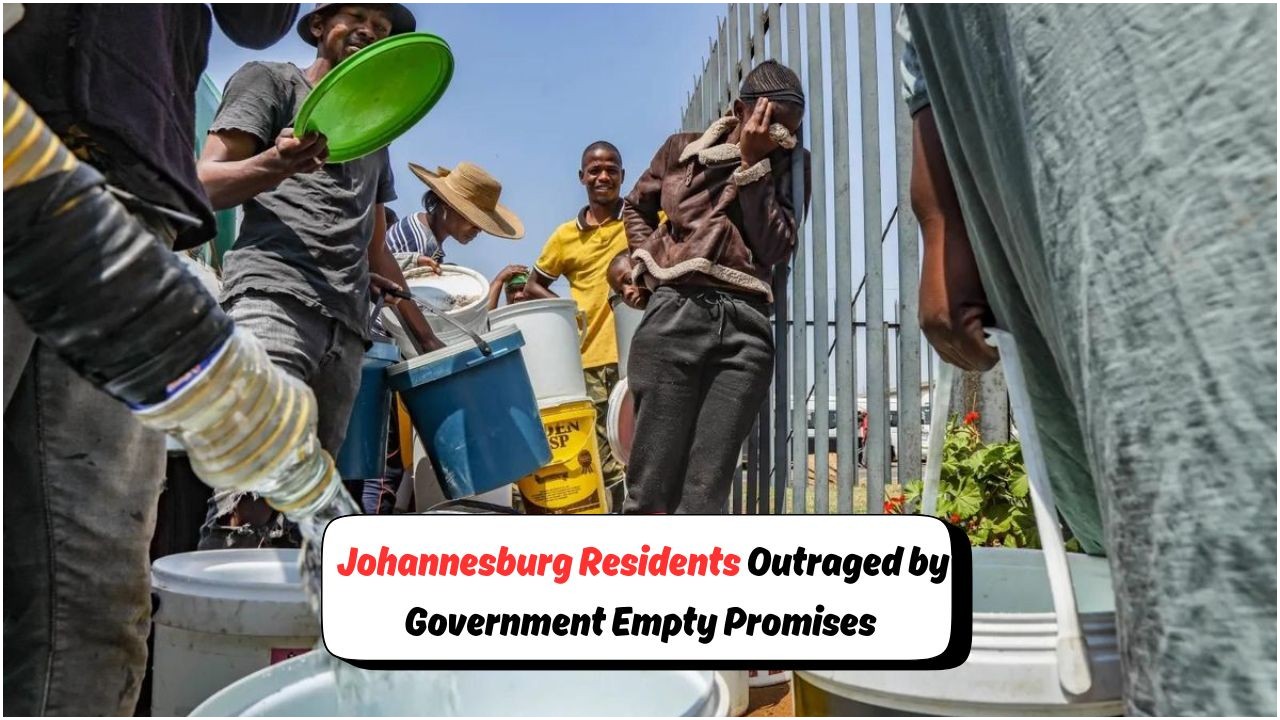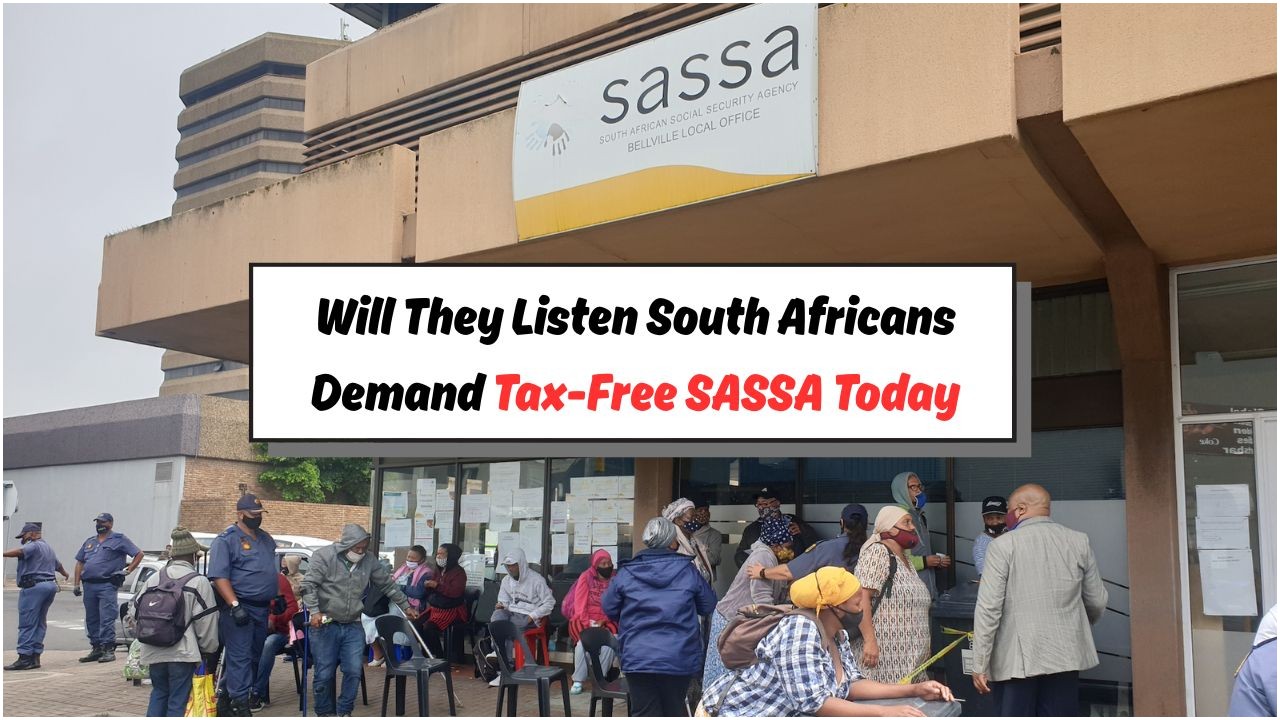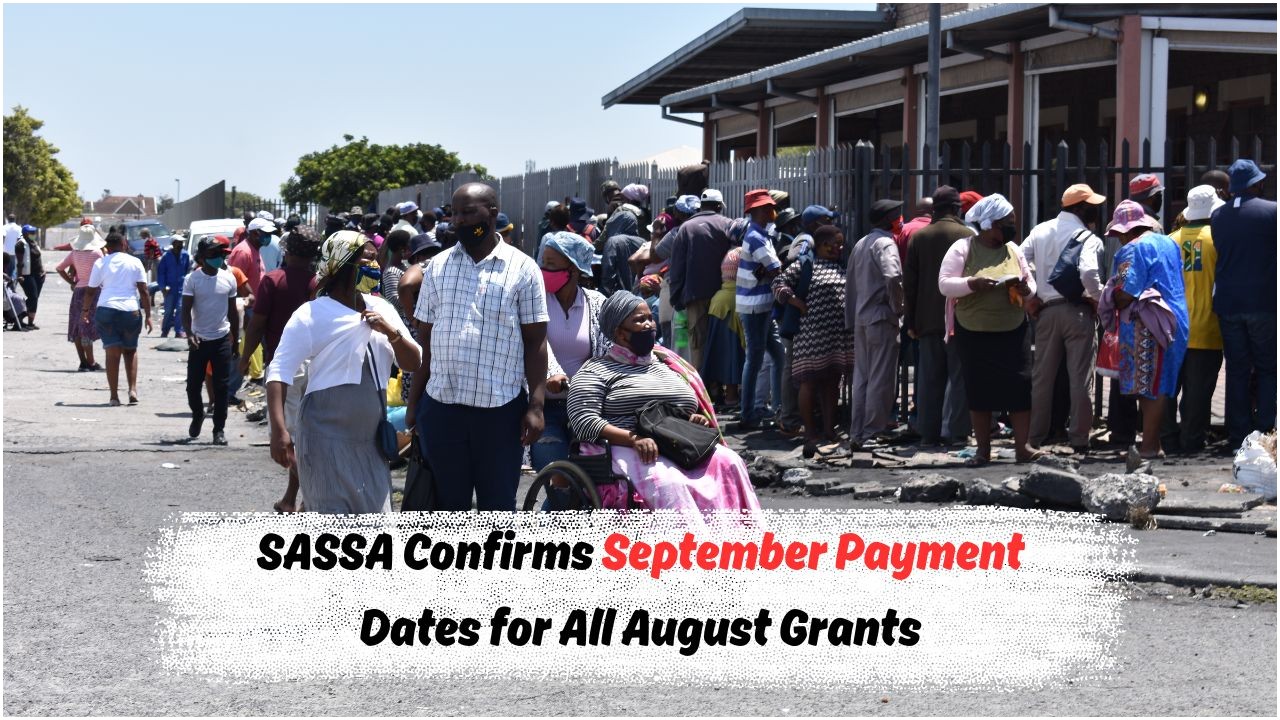Johannesburg Water Shortage August 2025: As Johannesburg residents prepare for a seven-day water shortage scheduled for August 2025, concerns are mounting over the adequacy of the city’s water management strategies. With the Minister of Water Affairs facing criticism for not fulfilling past promises, the looming crisis highlights the urgency for effective solutions. The city’s residents, accustomed to sporadic water disruptions, are now bracing for a more extended period of shortage, raising questions about the resilience of infrastructure and the efficacy of governmental interventions. The challenge now is to ensure that the impact on daily life is minimized while long-term solutions are put in place.
Impact of Water Shortage on Johannesburg Residents
The impending water shortage in Johannesburg is expected to significantly affect both residential and commercial activities. As the city gears up for this prolonged period without a steady water supply, residents are urged to plan and conserve water proactively. The shortage will likely disrupt daily routines, from cooking and cleaning to sanitation and hygiene practices, making water conservation a top priority. Businesses, particularly those reliant on water, such as restaurants and laundromats, may face operational challenges, potentially leading to economic losses. Moreover, schools and healthcare facilities will need to implement contingency plans to ensure that essential services remain unaffected. The city’s authorities are working on measures to mitigate these impacts, but the onus also lies on individuals and communities to adopt water-saving habits.
Government Accountability and Public Response
As the water shortage approaches, the spotlight is firmly on the government and its accountability in handling the situation. The Minister of Water Affairs has faced criticism for failing to deliver on previous promises to improve water infrastructure and management. Public frustration is mounting, with citizens demanding transparency and effective action from the authorities. Various civic groups and NGOs are rallying for better communication and timely updates on the efforts being made to resolve the water crisis. The government has announced plans to distribute water via tankers and set up emergency water points across the city. However, the effectiveness of these measures will depend on efficient execution and public cooperation. The situation underscores the need for robust long-term strategies to address water scarcity and ensure sustainable water management in the future.
Long-term Solutions for Water Security in Johannesburg
The current water shortage crisis in Johannesburg has ignited a broader discussion on the need for sustainable water management solutions. Experts are advocating for a comprehensive approach that includes investment in infrastructure, innovative technologies, and public education on water conservation. One proposed solution is the development of new water sources, such as desalination plants and rainwater harvesting systems, which could supplement the existing supply. Additionally, improving the efficiency of current water distribution networks and reducing leaks could significantly conserve resources. The government is also encouraged to collaborate with international partners to adopt best practices and technologies that have proven successful in other water-scarce regions. By prioritizing these long-term strategies, Johannesburg can enhance its resilience to future water shortages and ensure a reliable water supply for its growing population.
 August 2025: South African Teachers Demand R30,000 Salaries in Nationwide Protest Uprising
August 2025: South African Teachers Demand R30,000 Salaries in Nationwide Protest Uprising
Community Involvement in Addressing the Water Crisis
Community involvement is essential in tackling the water crisis in Johannesburg. As the city prepares for the upcoming shortage, local communities are encouraged to play an active role in water conservation efforts. Community-led initiatives, such as awareness campaigns and water-saving programs, can significantly contribute to reducing water usage. Schools and community centers can serve as platforms for educating the public on effective water-saving techniques and the importance of conserving this vital resource. Furthermore, community members can collaborate with local authorities to monitor water usage and report leaks or illegal water connections. By fostering a culture of conservation, communities can help mitigate the immediate impacts of the shortage and support sustainable water management practices. The collective effort of residents, businesses, and government agencies is crucial in overcoming the current crisis and ensuring water security for the future.






